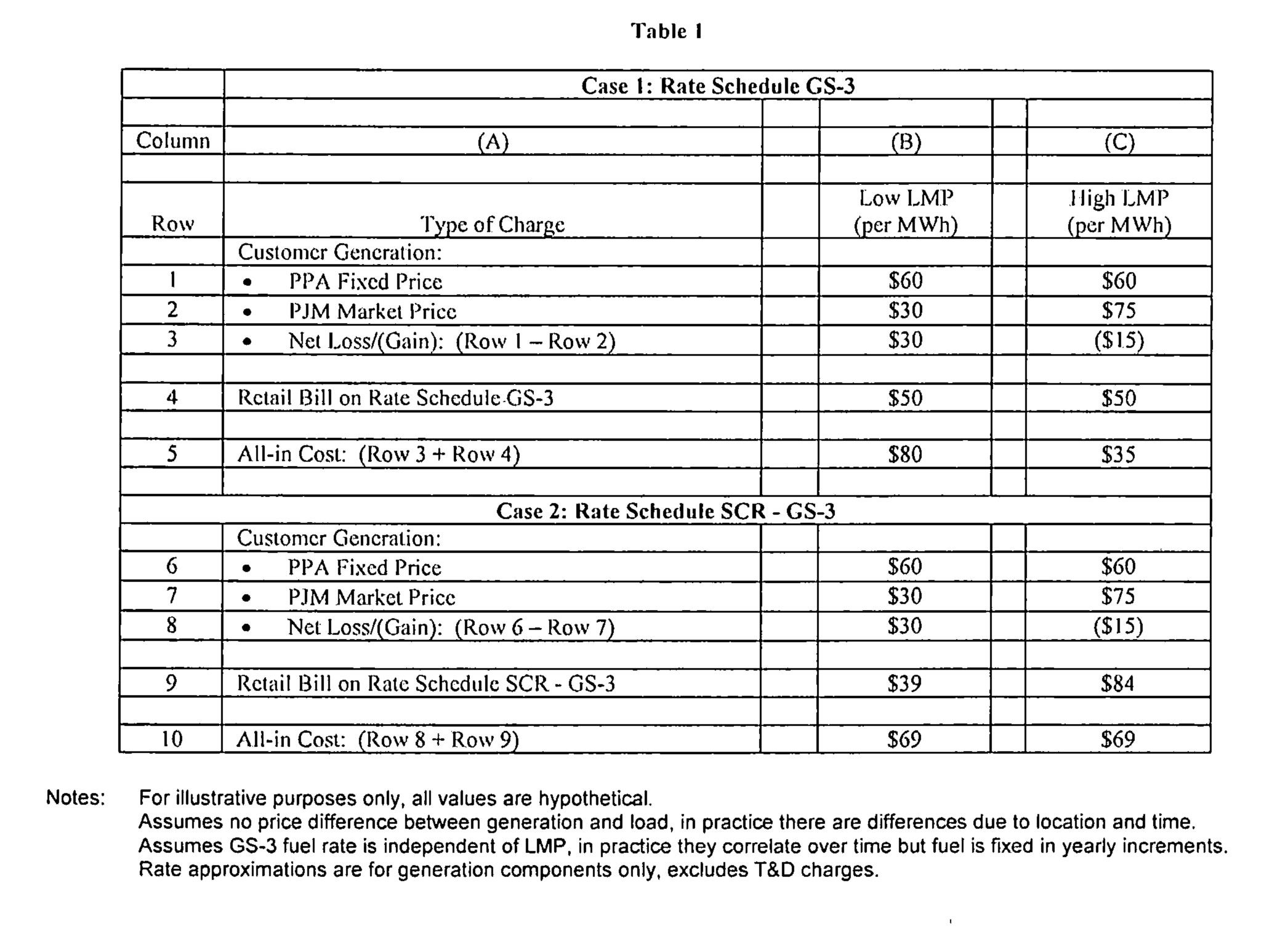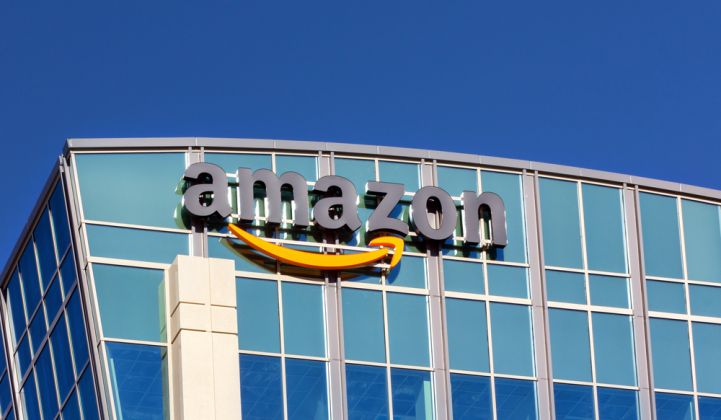Virginia is not a hot market for renewable energy. But that could change in 2016 as some of the largest energy users in the state demand more of it.
Amazon Web Services has a goal of getting 40 percent of its electricity from renewable resources by the end of the year. Currently, about 25 percent of Amazon’s electricity use is powered by renewables. The world’s largest retailer expects its entire global infrastructure footprint to eventually run on clean energy.
To get there, it’s going to take a hands-on approach and lots of local partners. Vadata, an affiliate of Amazon Web Services, owns Amazon’s data centers in Northern Virginia.
Vadata is signing power-purchase agreements for wind and solar to meet its goals, and engaging its local distribution utility, Dominion Virginia Power (DVP), to develop a retail rate that better matches how the renewable projects are priced in the PJM wholesale market.
For local, vertically integrated utilities, there is no longer an option to ignore the sustainability mandates of their largest customers. They have to invest in renewables directly or help their customers achieve their goals on the open market. DVP's move to develop a novel solution that helps a large customer buy cleaner energy is an example of how utilities can embrace their changing role as energy supplier.
“Virginia plays a key role in supporting today's global internet traffic,” said Greg Morgan, director of customer rates and regulation with DVP. ”Having an offering like the special rate contract and [market-based rate] signals to the high tech industry, a large and continuously growing component of the Commonwealth’s economy, that Virginia is an attractive place to locate and do business.”
About 70 percent of the world’s internet traffic passes through Virginia, which is home to data centers owned by the world’s largest internet companies. The competition to hold on to these corporations is growing fiercer every year, Morgan said.
Dominion has a goal of bringing 400 megawatts of utility-scale solar to the state by 2020. It also has a rooftop solar program. Virginia was ranked 29th in the U.S. for annual solar PV installations in 2015, according to GTM Research. But the solar market could grow considerably this year, perhaps by as much as 1,000 percent. Much of that will be driven by the government and large corporations acting as offtakers for solar projects. Dominion, for example, bought the state's largest solar farm, an 80-megawatt project, to supply clean energy to Amazon.
Simply building solar projects is not enough, however. So DVP filed with its regulator to offer a special contract for Amazon. The contract solves two challenges, said Morgan. It allows Amazon to better match financial exposure to the wholesale market to local utility charges and PPA payments. It also helps streamline Amazon’s investment in renewables with the utility as a partner in local renewable energy development.
The contract has two elements. DVP will provide wholesale energy scheduling and settlement services in the PJM market. A new retail rate will also give Amazon Web Services a more predictable billing cycle. Instead of the retail rate being fixed while the PJM market price goes up and down based on the locational marginal price of electricity, the retail rate will also vary based on locational pricing.

Source: DVP
The variation of the retail rate will allow for a fixed all-in cost when the PPA fixed price, PJM market price, and retail charges are added up.
The move to a market-based rate for Amazon may not be a one-off project. DVP also filed for an experimental market-based rate that could be adopted by data centers and other similar large power users, according to Morgan. The optional market-based rate is awaiting regulatory approval, which is expected soon.



